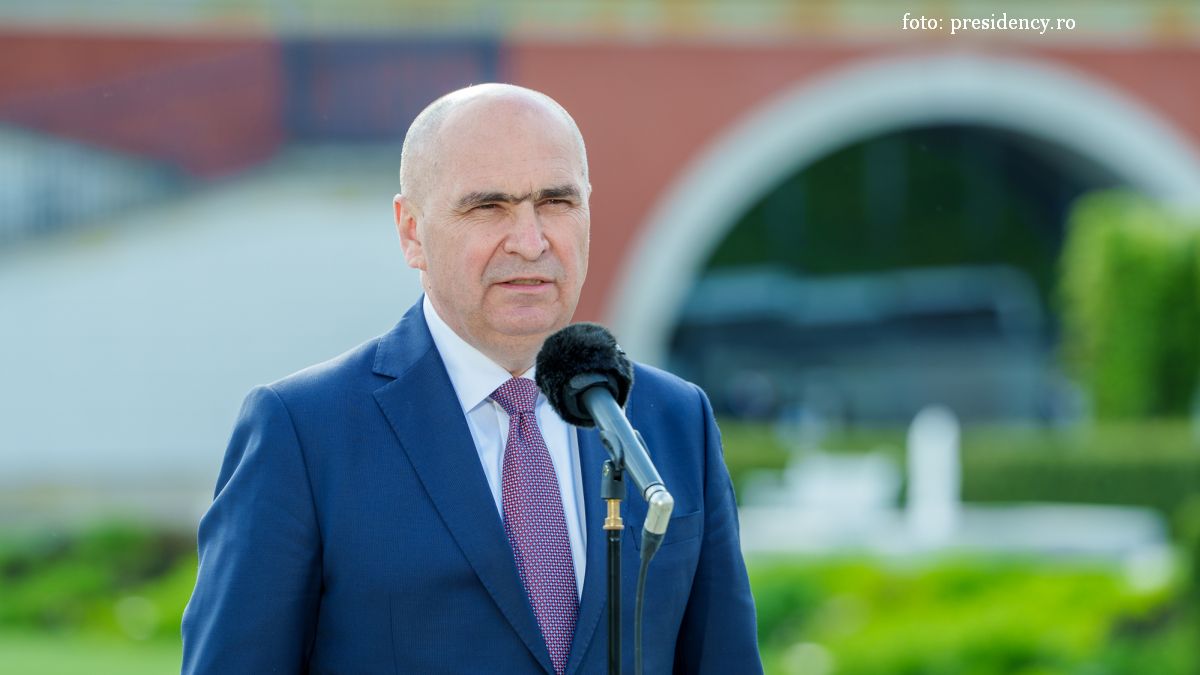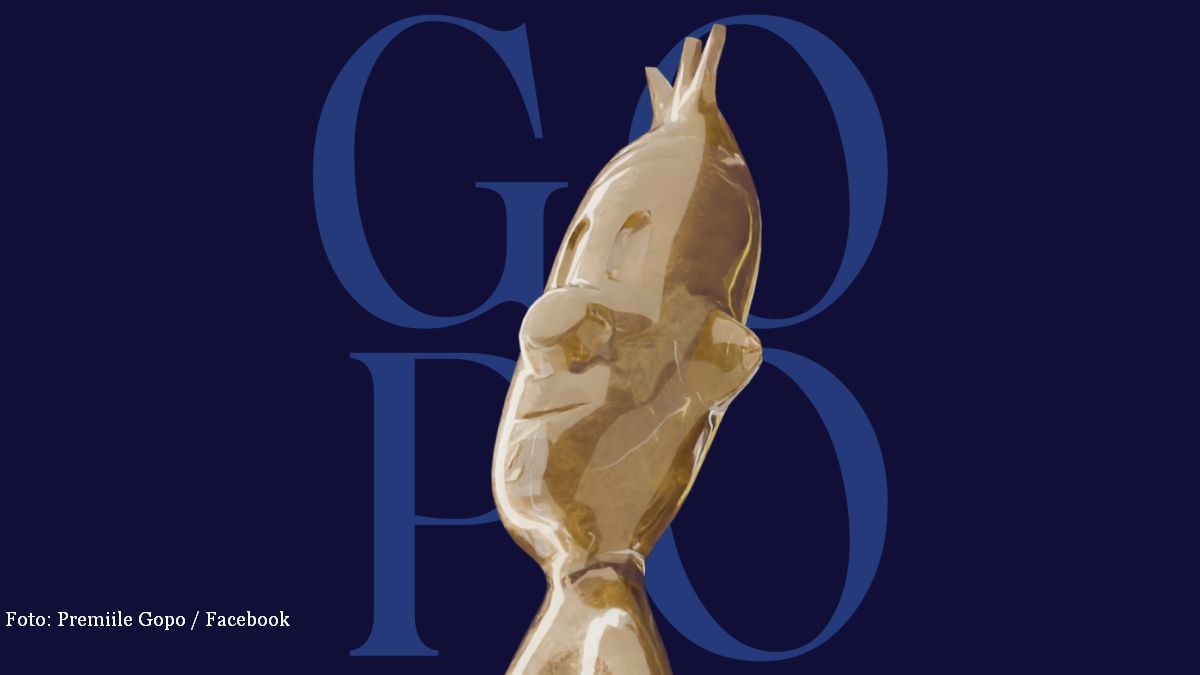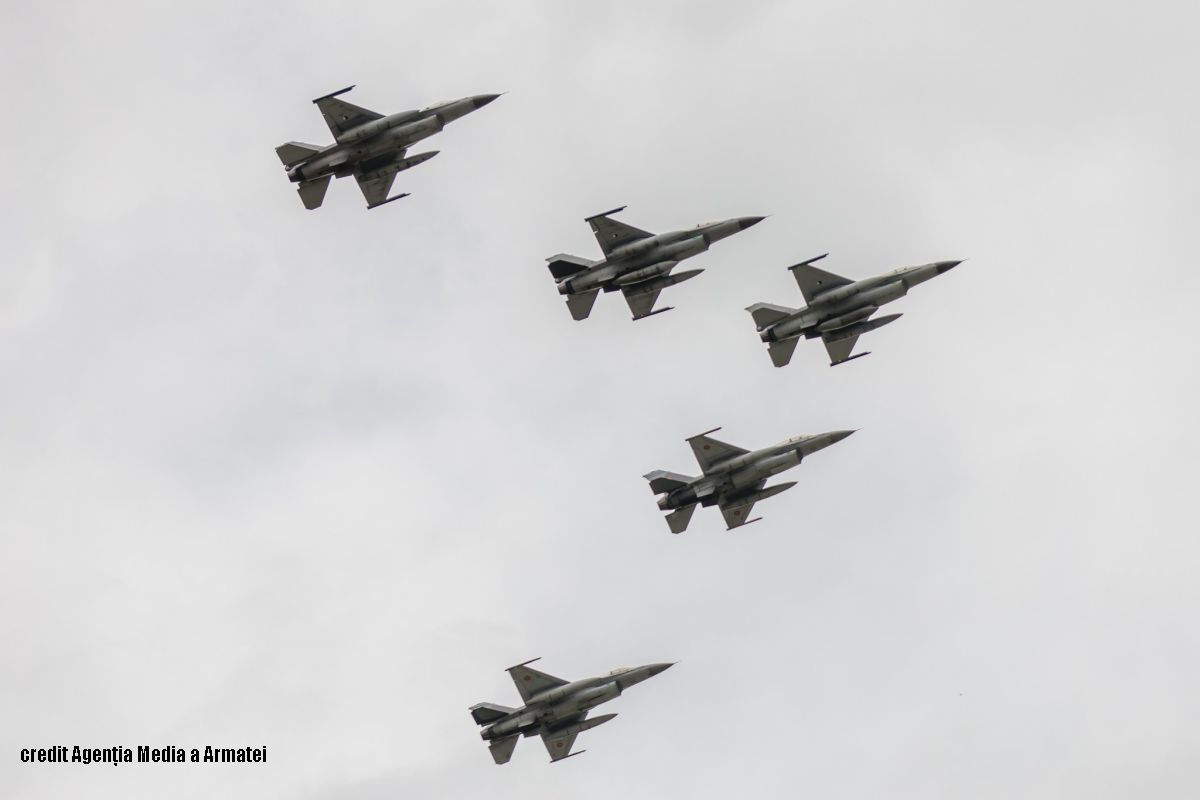Europe and the Russian Gas
There is no reasons for people in Europe to stay cold this winter said the European Commission President Jose Manuel Barroso, who endorsed the agreement between Moscow and Kiev regarding deliveries of Russian gas to Ukraine.

Bogdan Matei, 31.10.2014, 14:01
Europe should not worry about staying cold this winter was the conclusion of Thursday’s negotiations in Brussels between Russia, Ukraine and the EU, as stated by the European Energy Commissioner Gunther Oettinger. Although temporary, the solution the parties agreed upon guarantee the supply of gas to both Ukraine and the EU member countries. According to Oettinger, quoted by the Radio Romania correspondent in Brussels, the agreement, which will stay in force until spring, is worth 4.6 billion dollars, which cover Kiev’s debt to Moscow and the price of gas deliveries until March.
The money will reach the Russian side through the Ukrainian company ‘Naftogaz’ , from the financial package that the IMF and the EU have set out to support Ukraine. A price of 385 dollars per 1000 cubic meters was established, which is by 100 dollars less than the one Russia charged in April, but even so, the price is higher than the average estimated by the Russian provider Gazprom for this year. Without this compromise, Europe would have risked to be affected by gaps in the delivery of gas during the winter season, as 15% of the gas consumed by the EU transits Ukraine. Although worth billions, the stake of the agreement is not just money. Specialists in Kremlin issues have for long been warning that in Vladimir Putin’s Russia, deliveries of hydrocarbons are a very good tool to reach political and geopolitical targets.
Even if at Sunday’s parliamentary elections, most Ukrainians voted in favour of pro-West parties, Kiev’s dependence on Russian gas carries on the influence of the former metropolis on the former colony. Moreover, according to the same specialists, the Western countries cannot afford to react as firmly as they would like to the blunt violations of international law, such as the annexation of Crimea in March or the fuelling of the secessionist rebellion in eastern Ukraine. Why? Because, if Moscow turns off the gas tap, European citizens might stay cold in winter.
As regards Romania, this country has its own reserves of hydrocarbons and is therefore less vulnerable to the moods of the unpredictable provider in the east. Bucharest has 2.8 billion cubic meters of gas in stock, one billion more than its consumption needs this winter, the Minister Delegate for Energy, Razvan Nicolescu has announced, who has also reiterated, just like the other Romanian officials, the wish for this country to become energy independent as soon as possible.






























